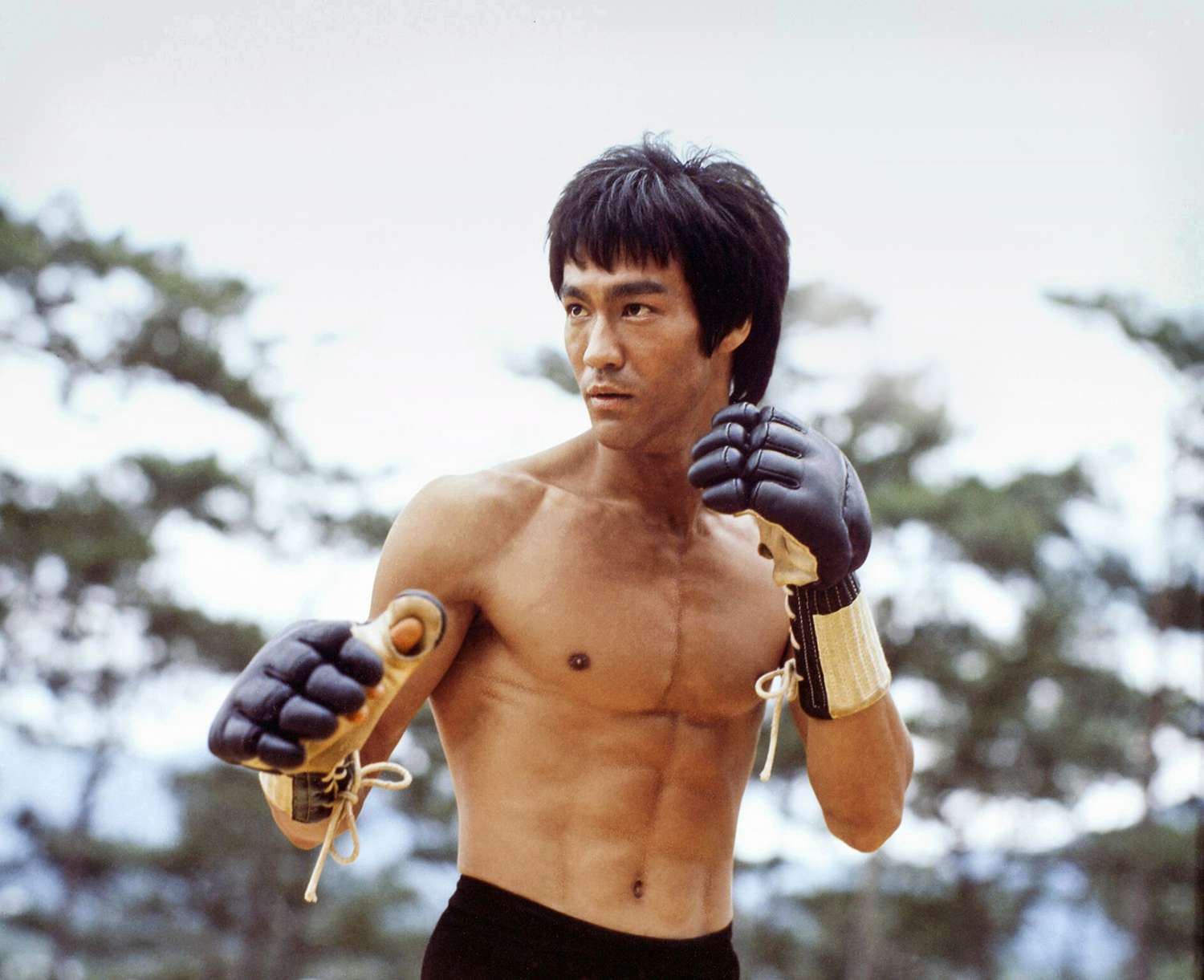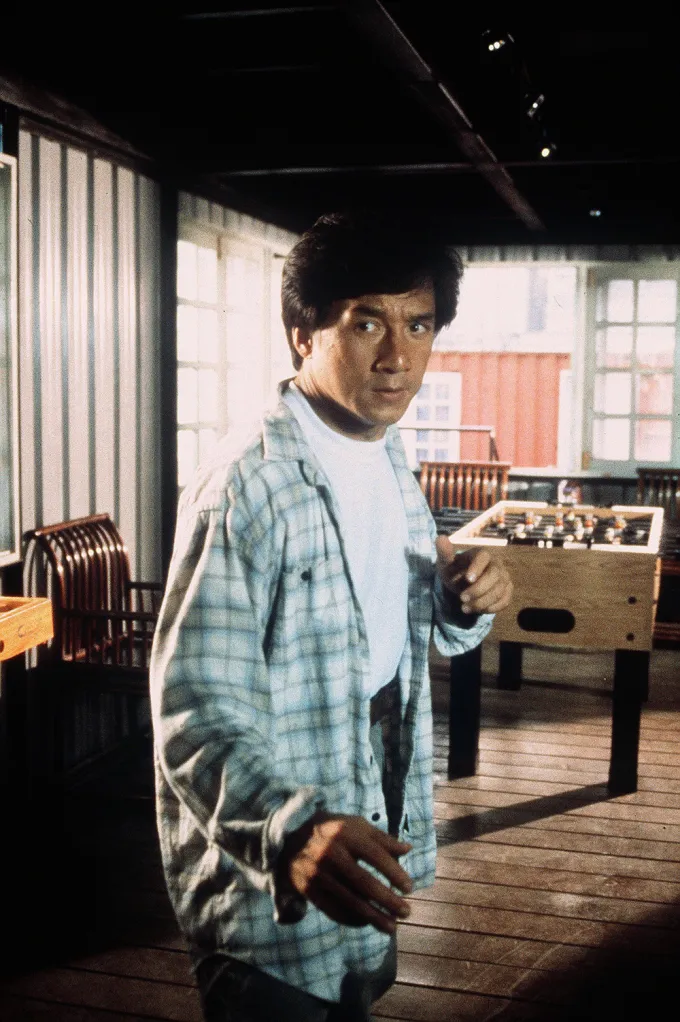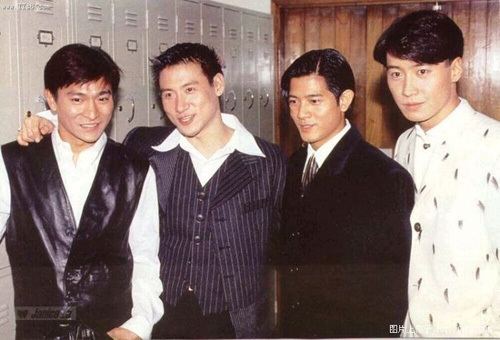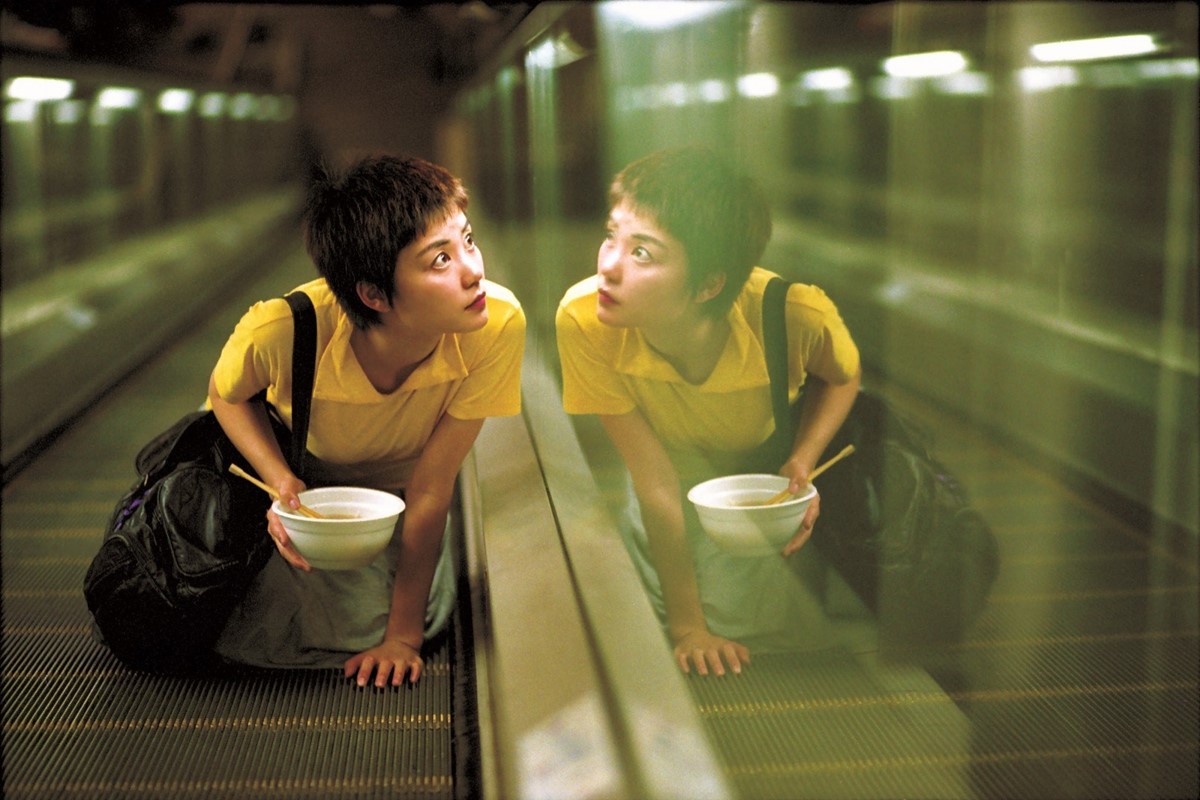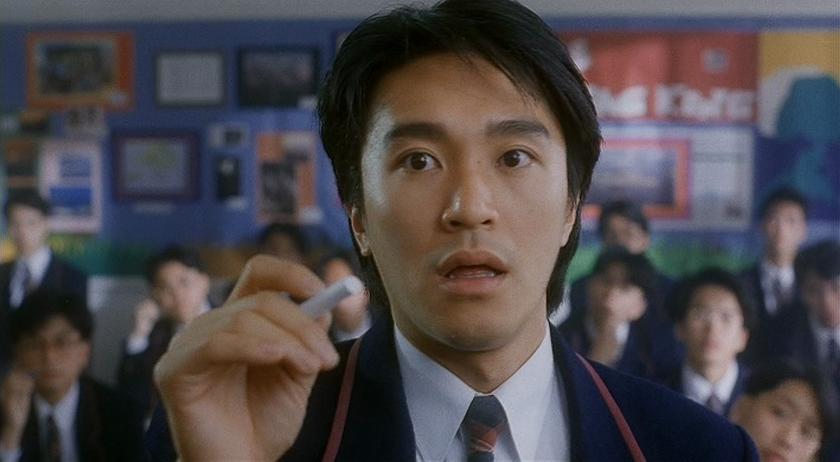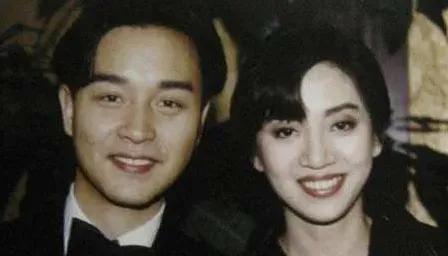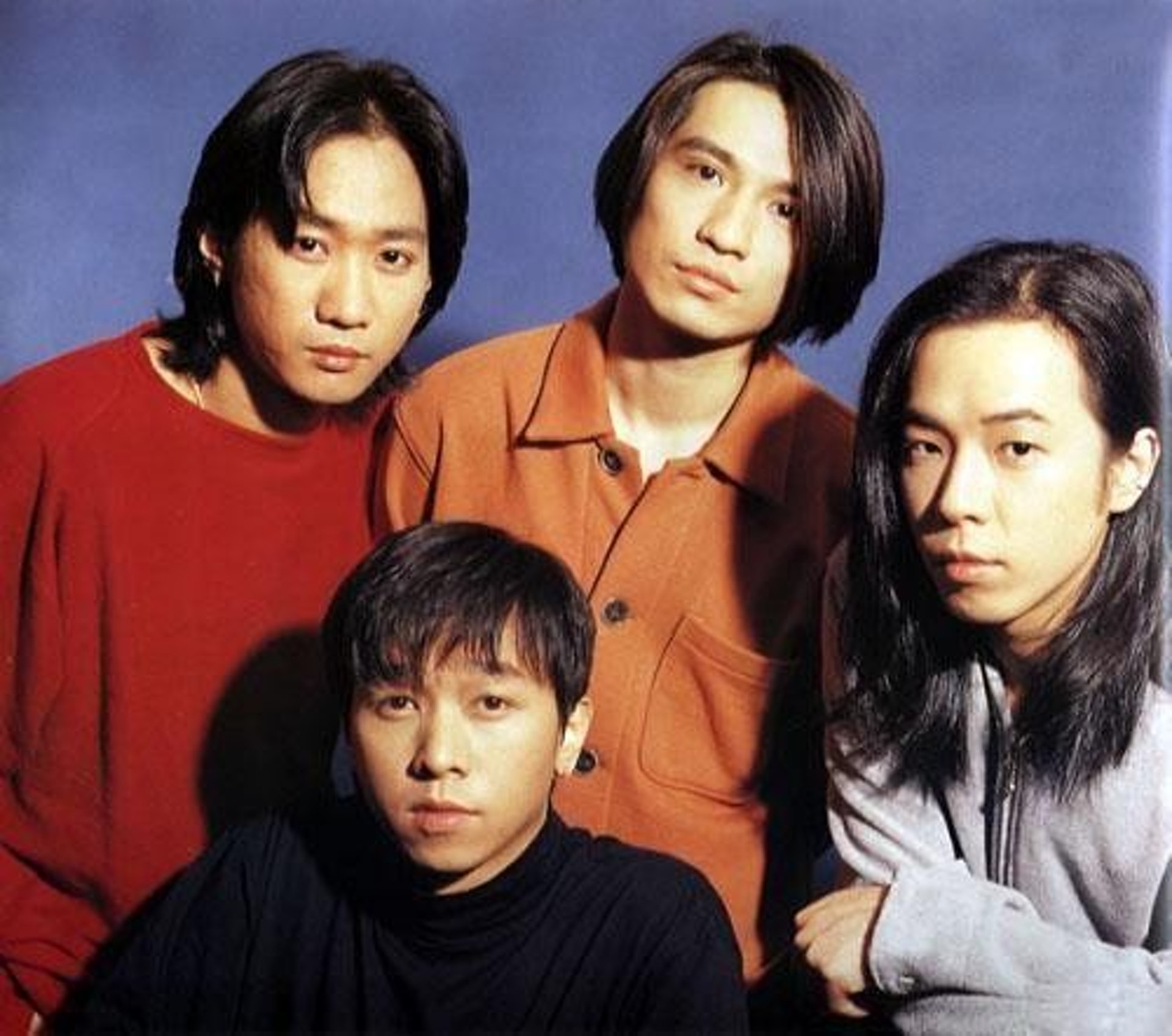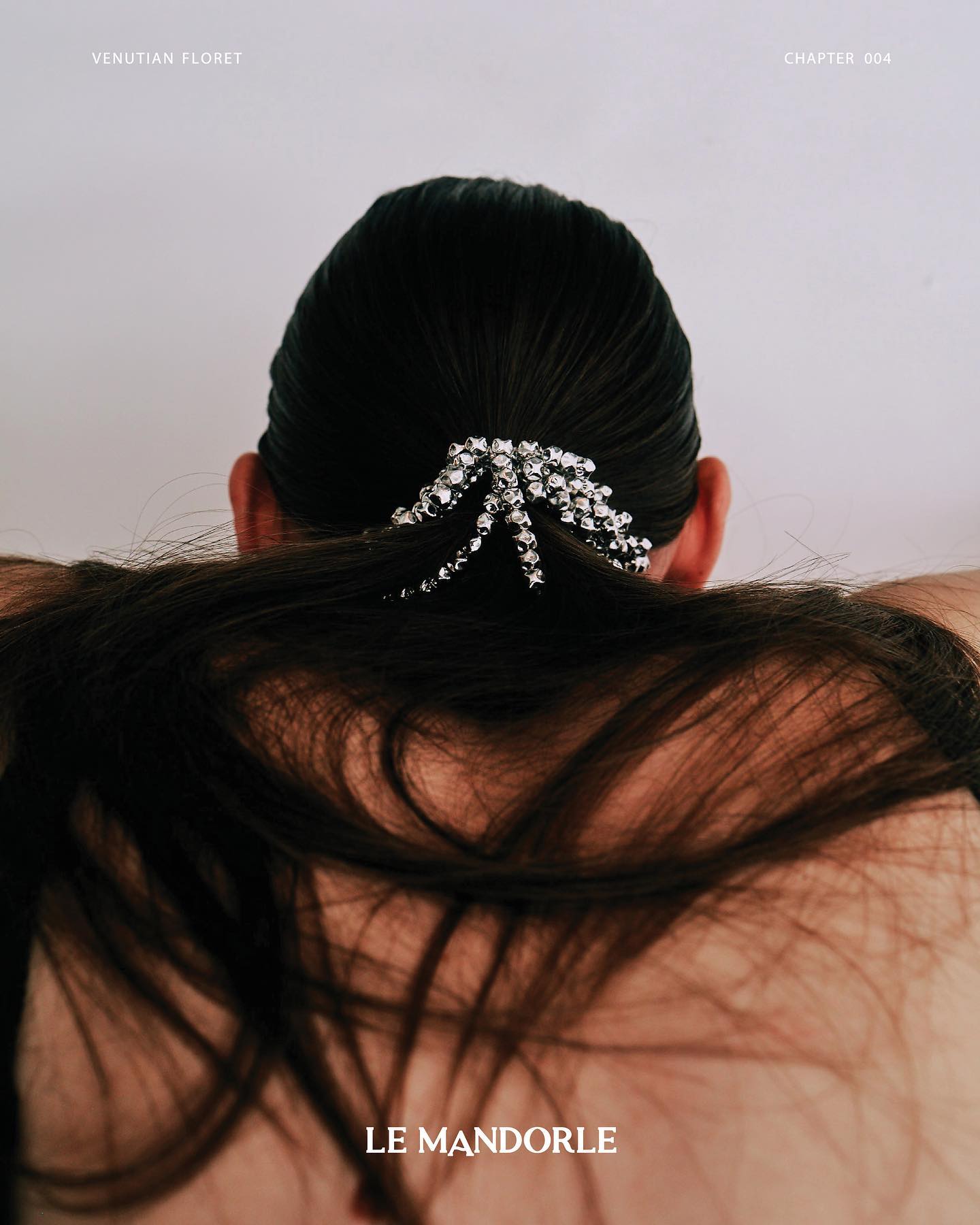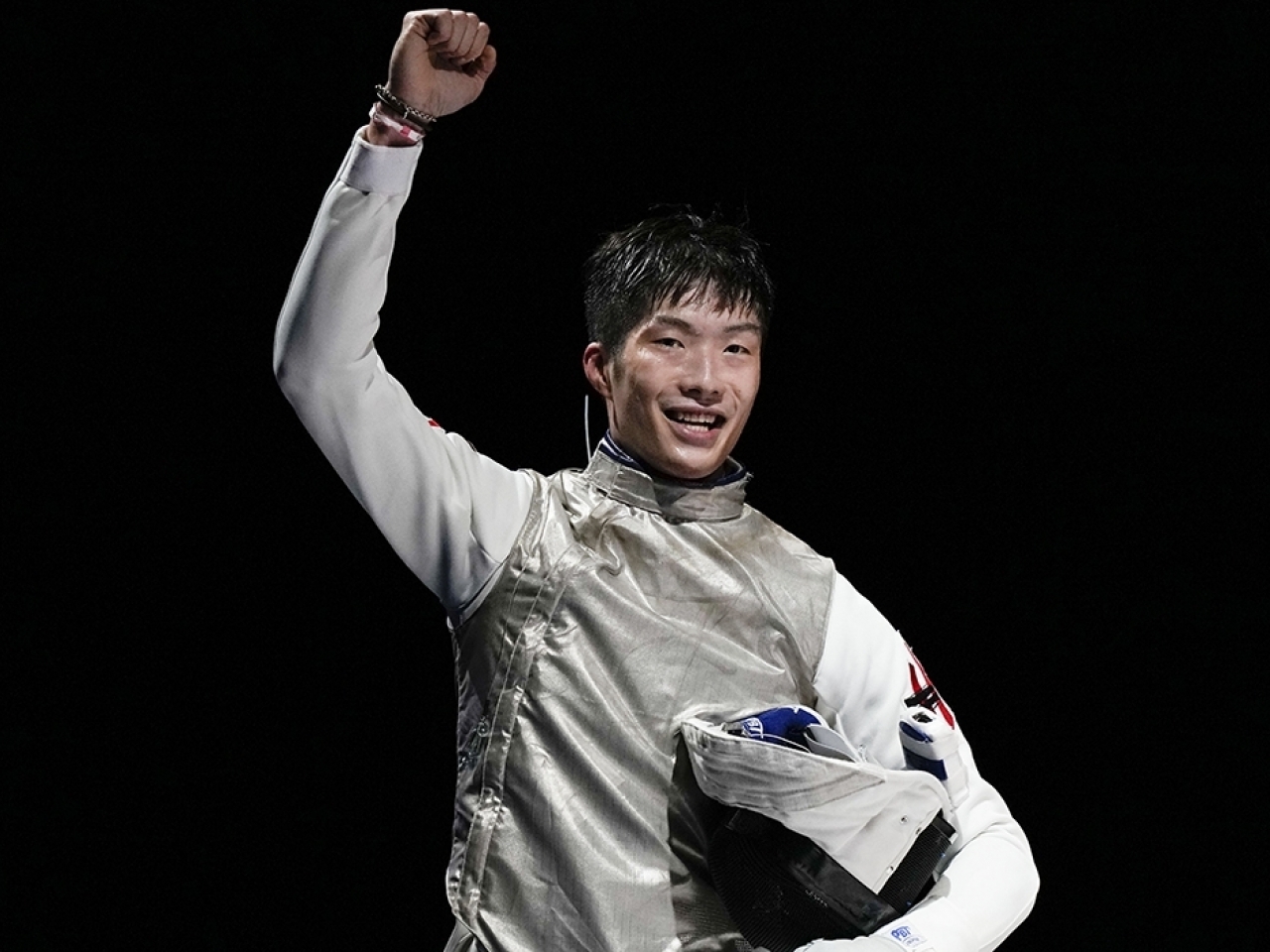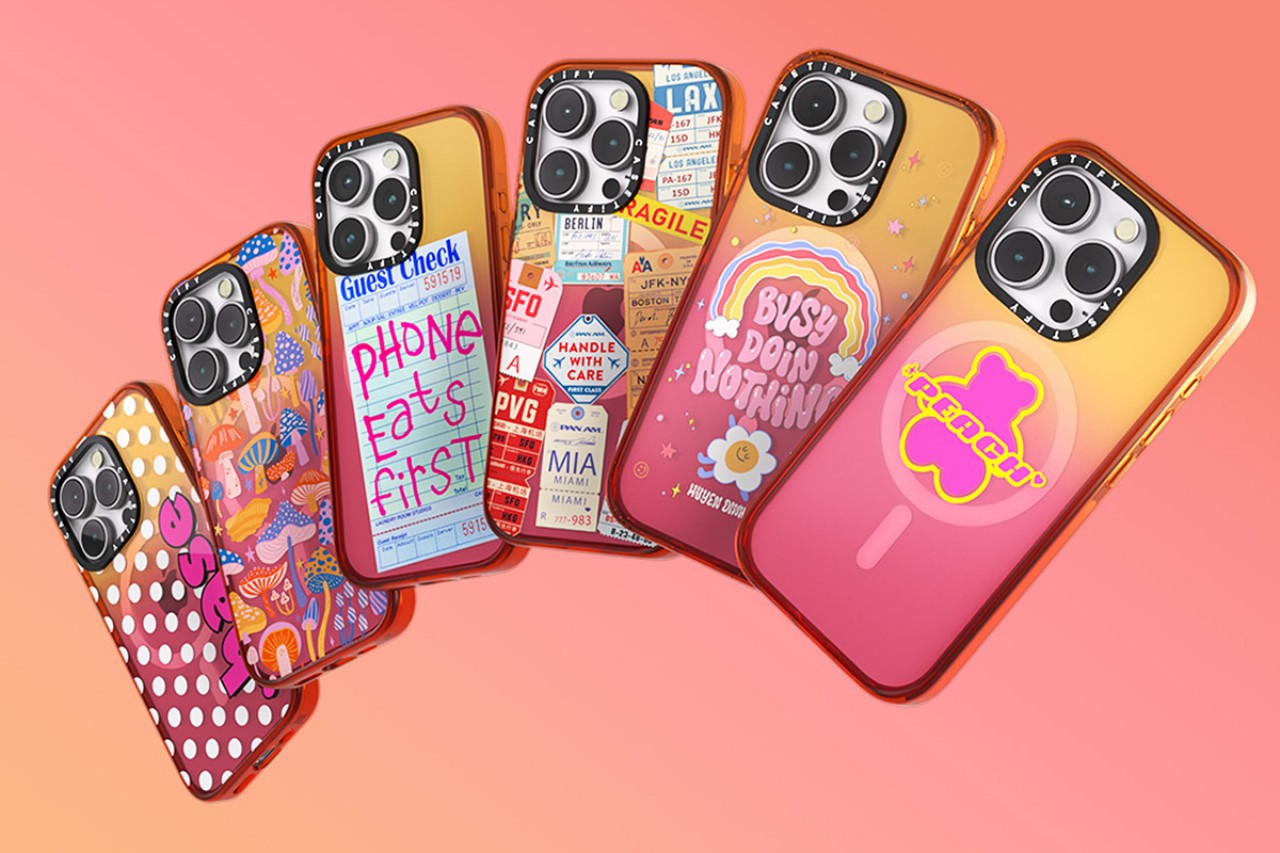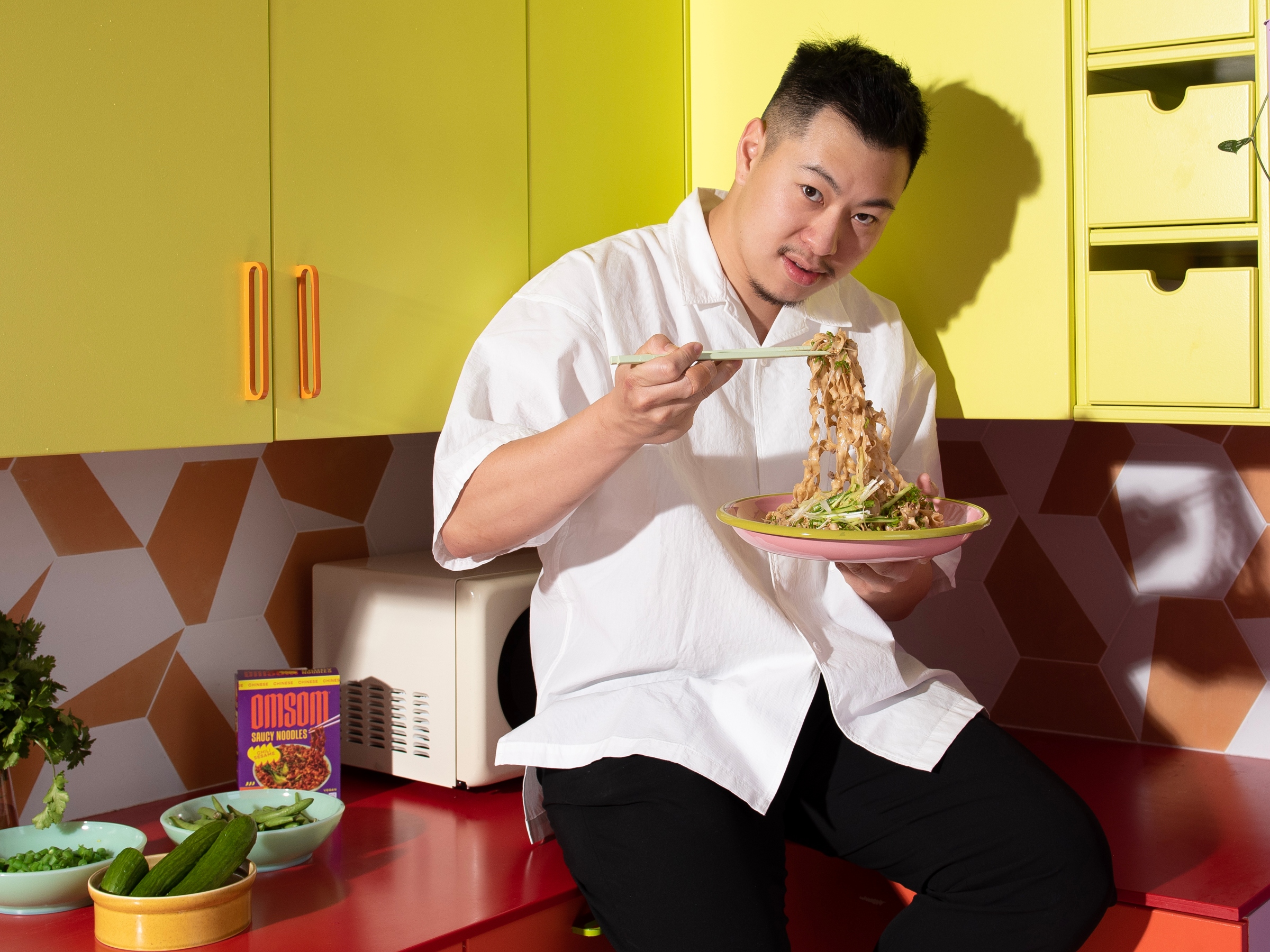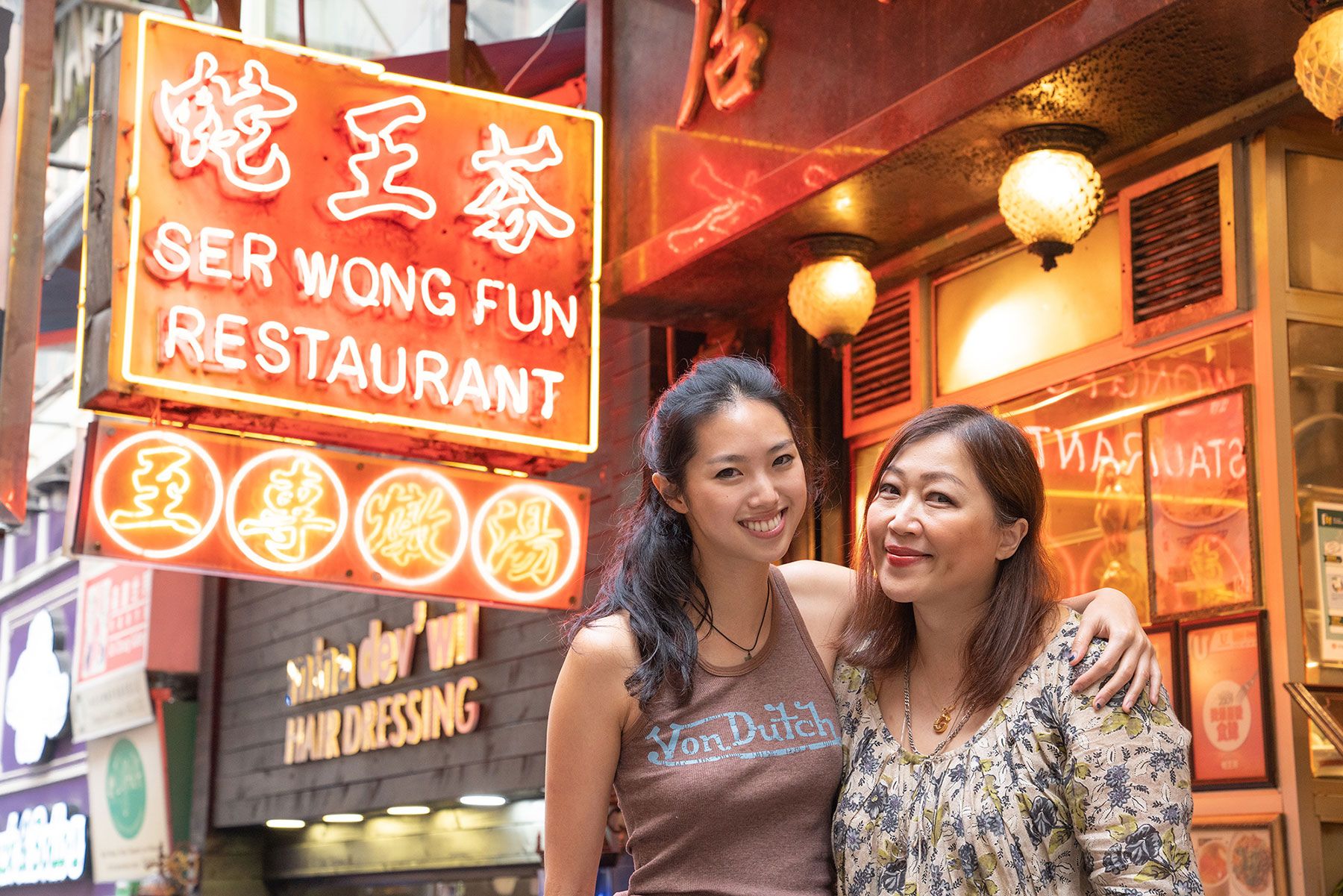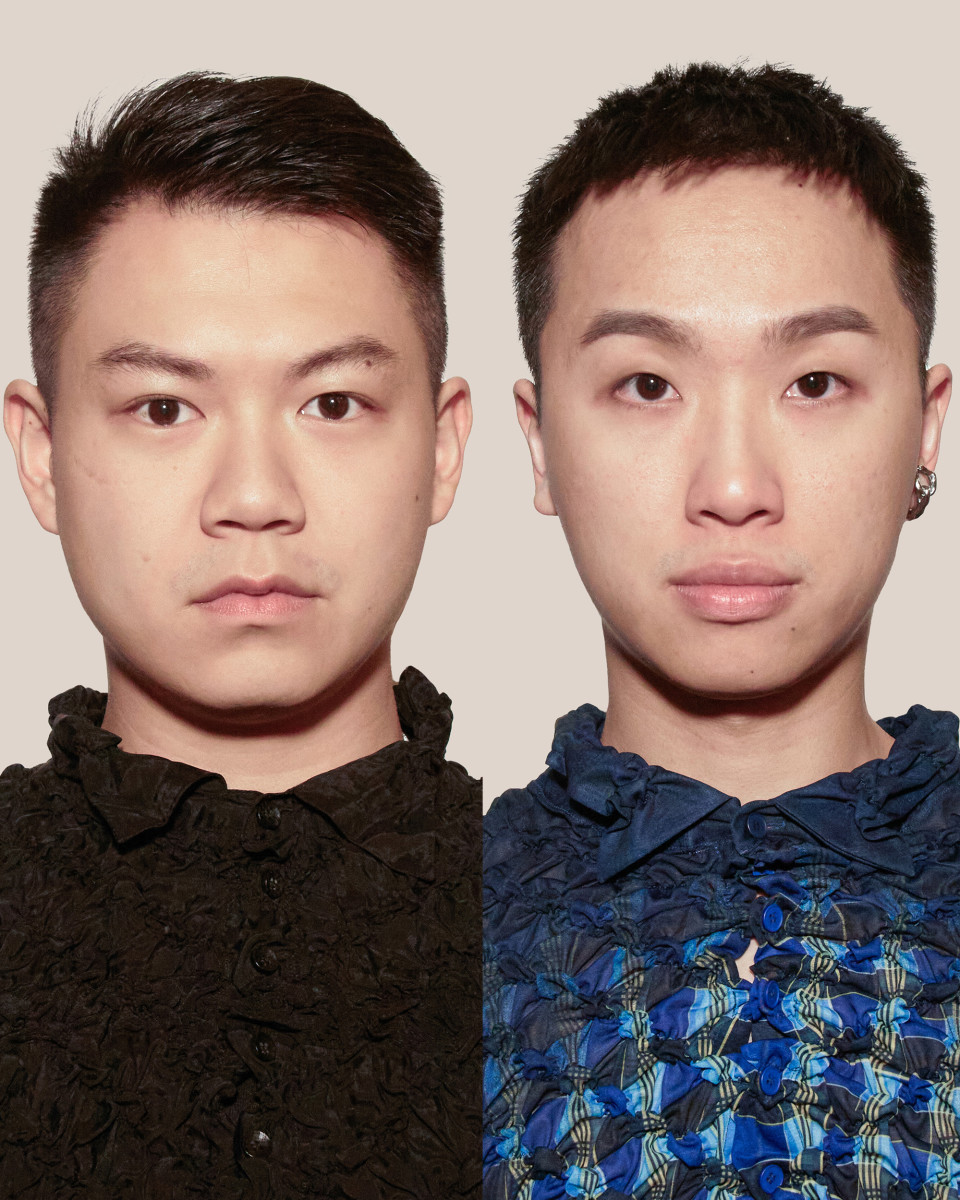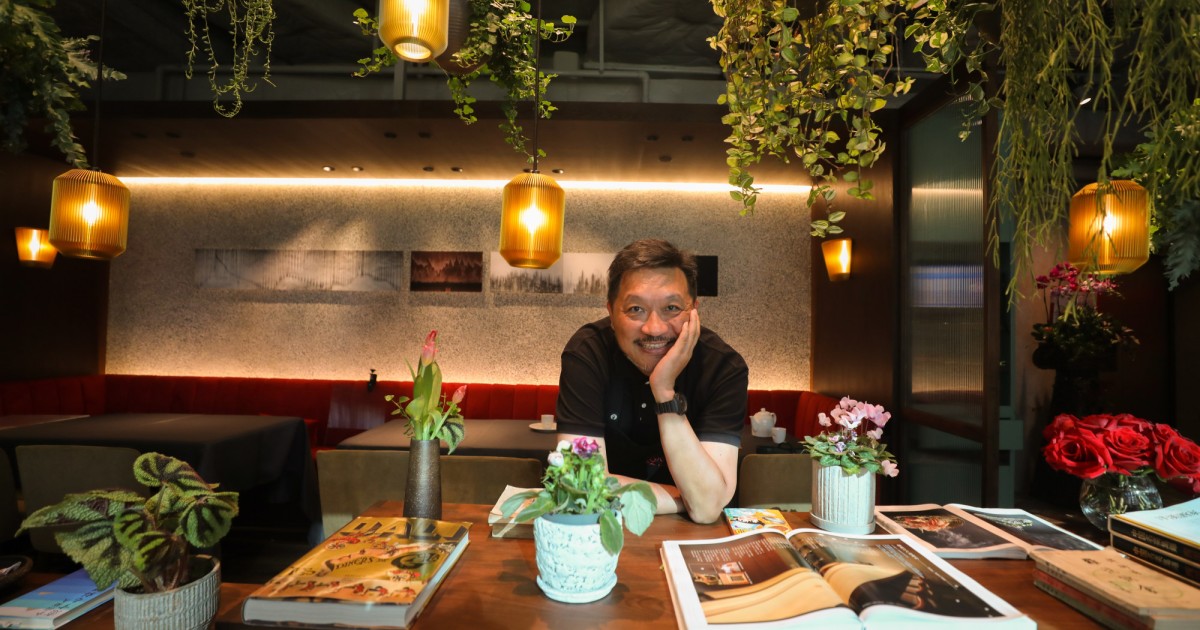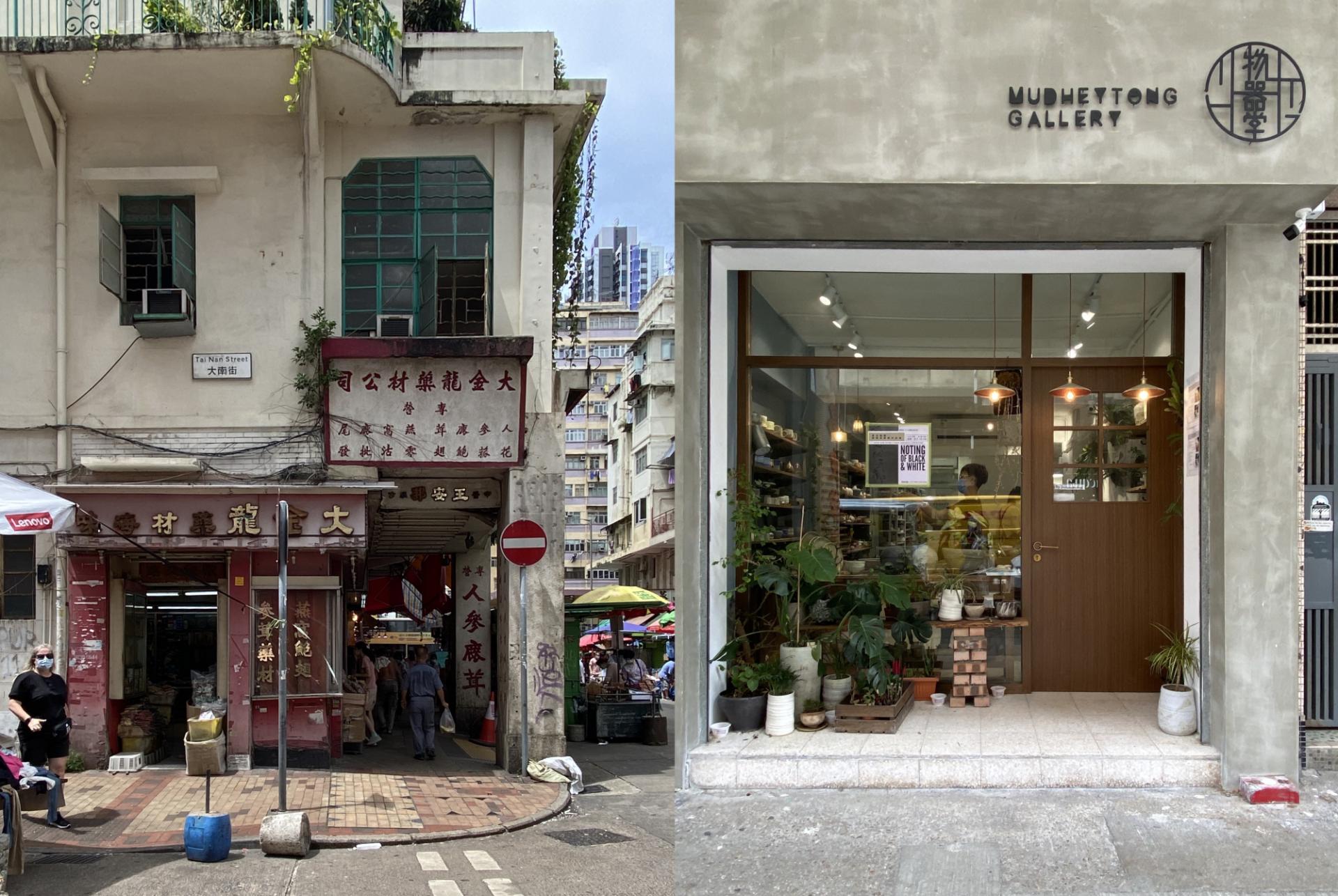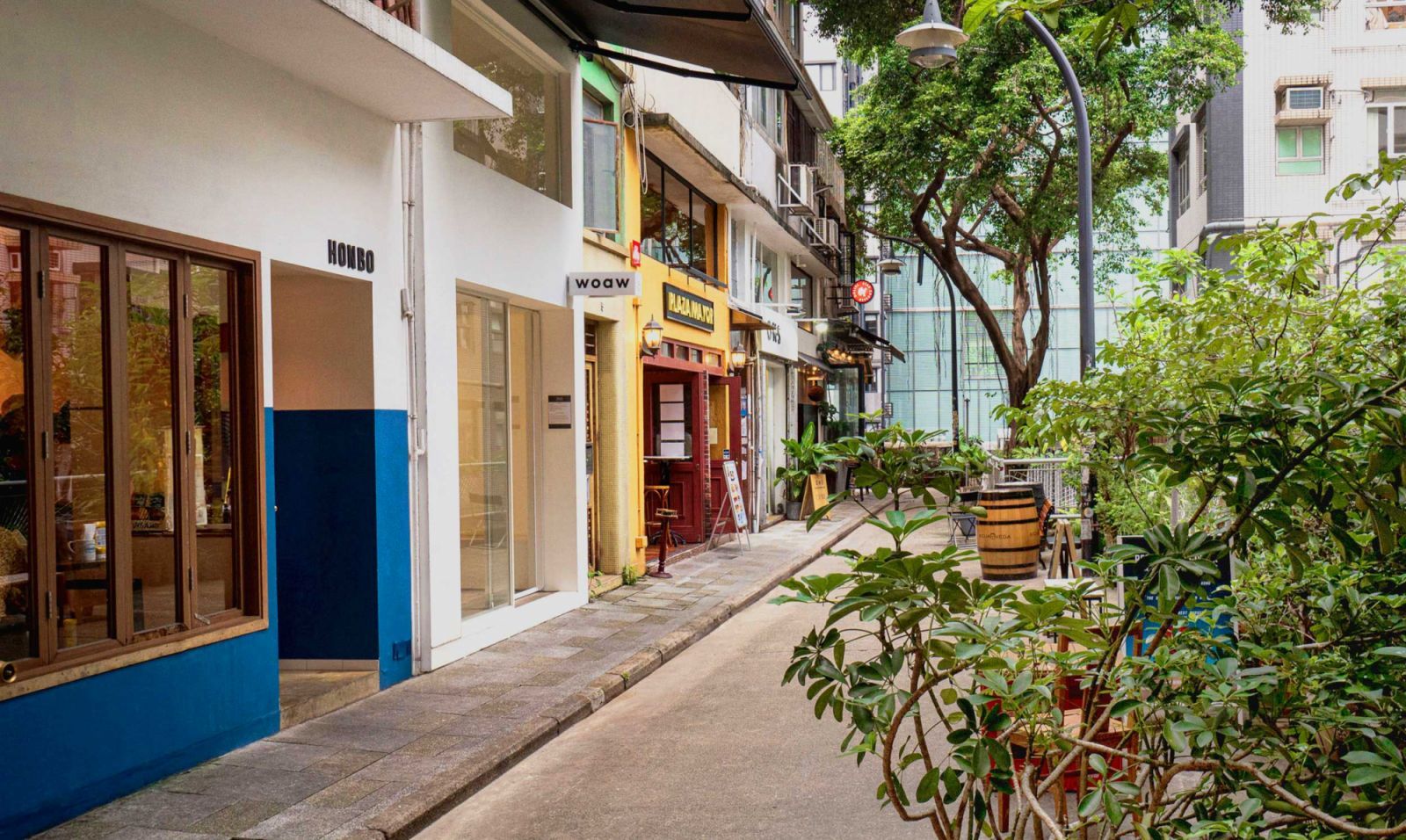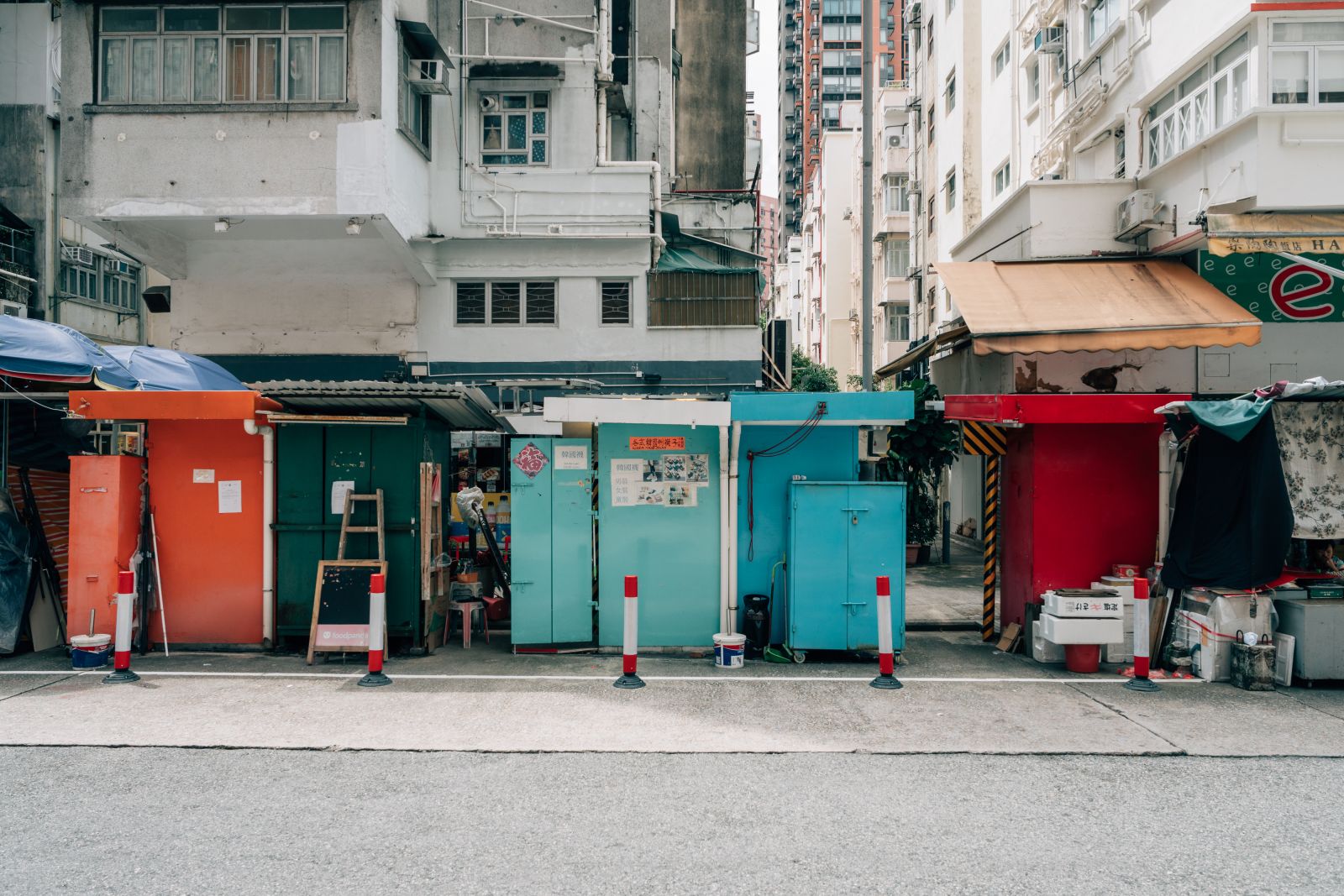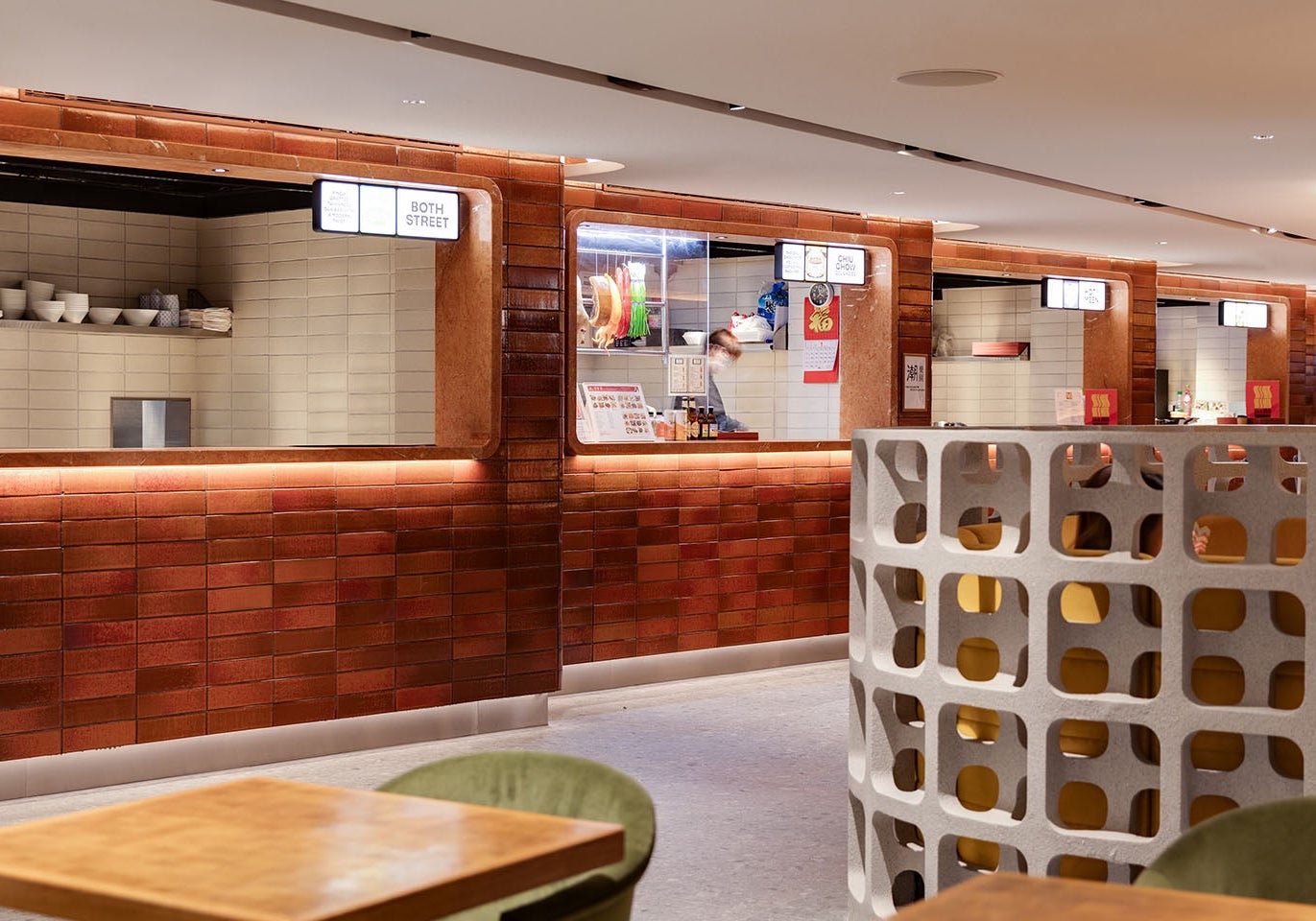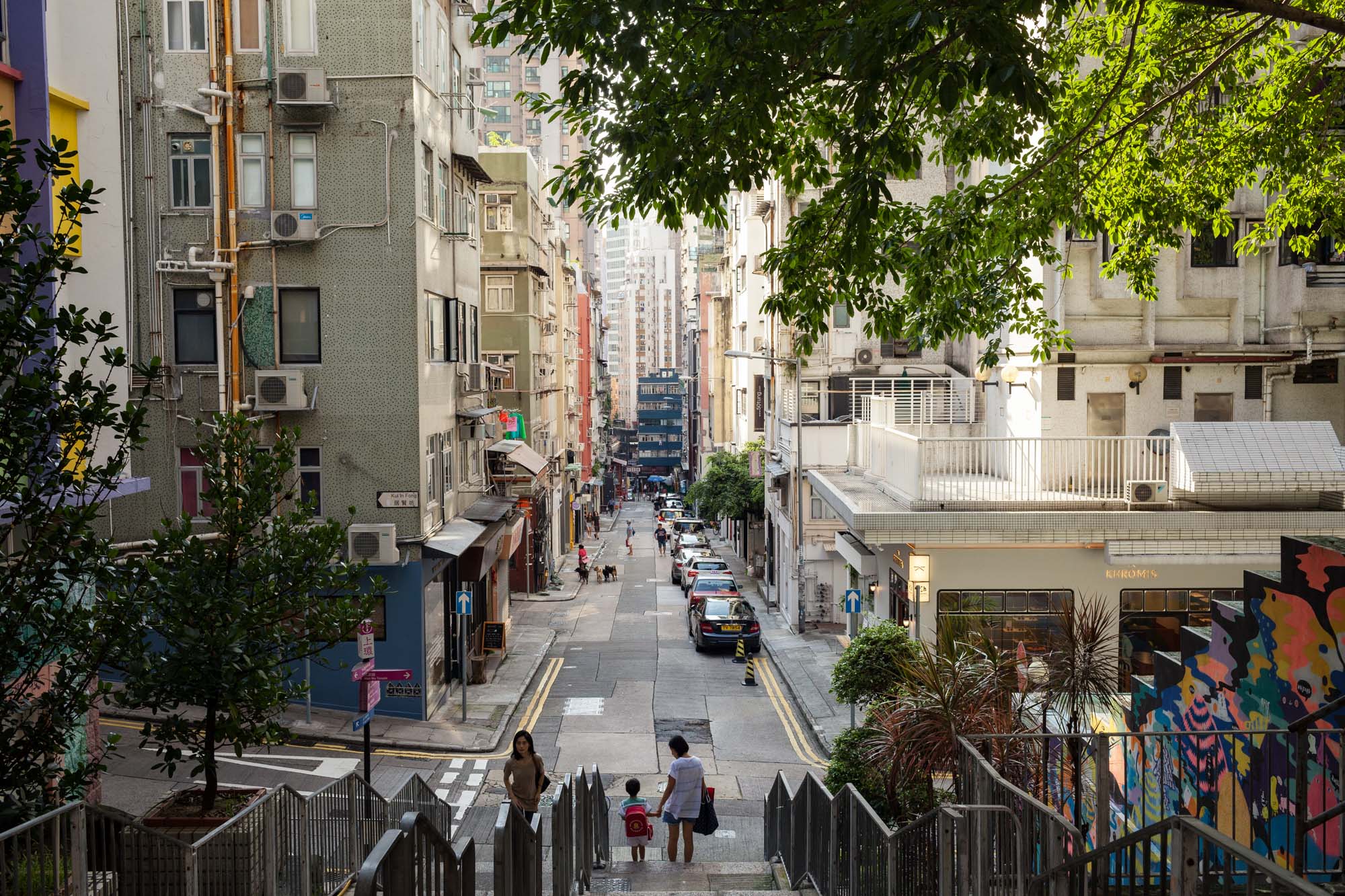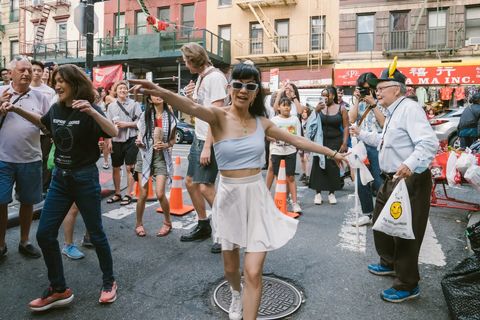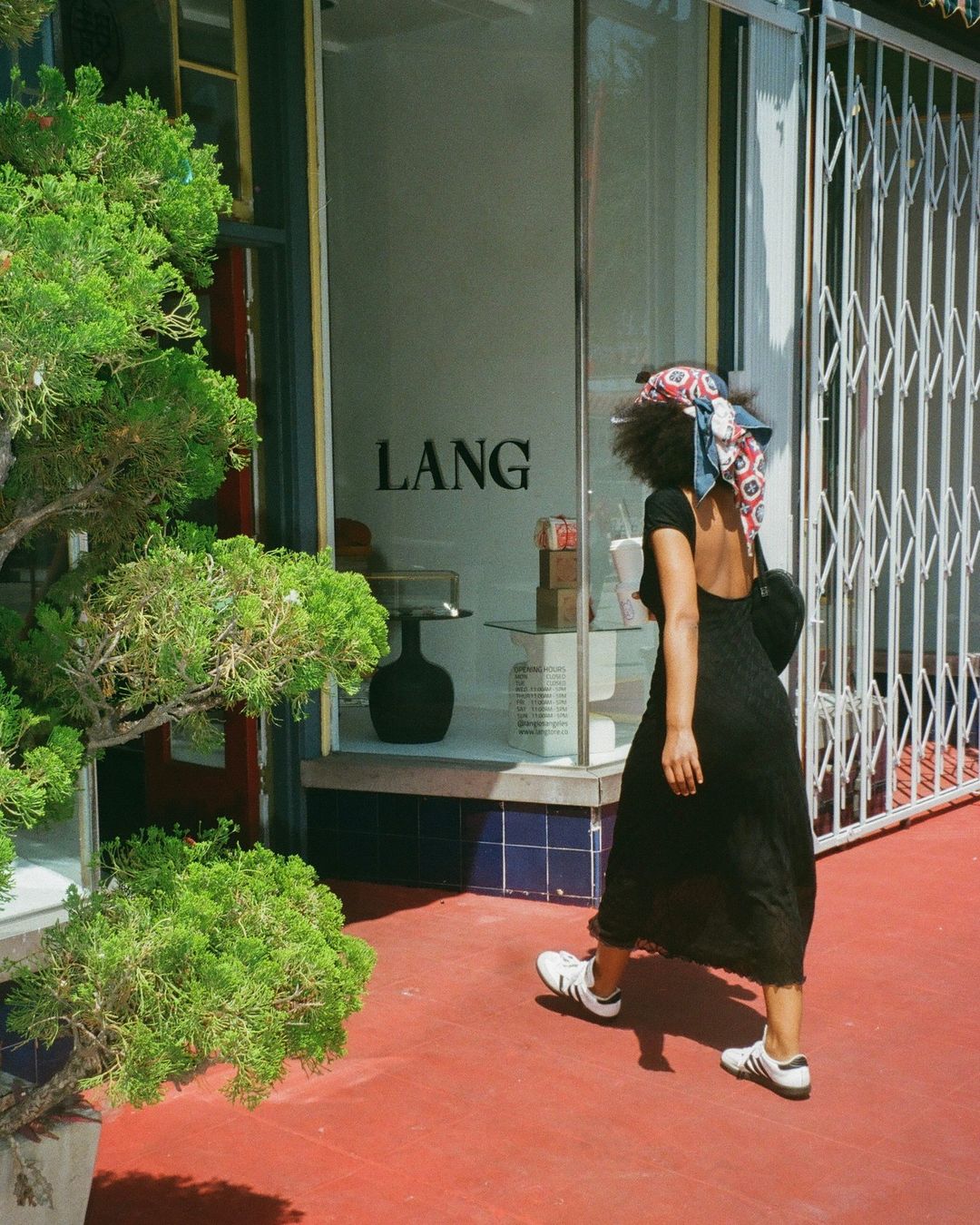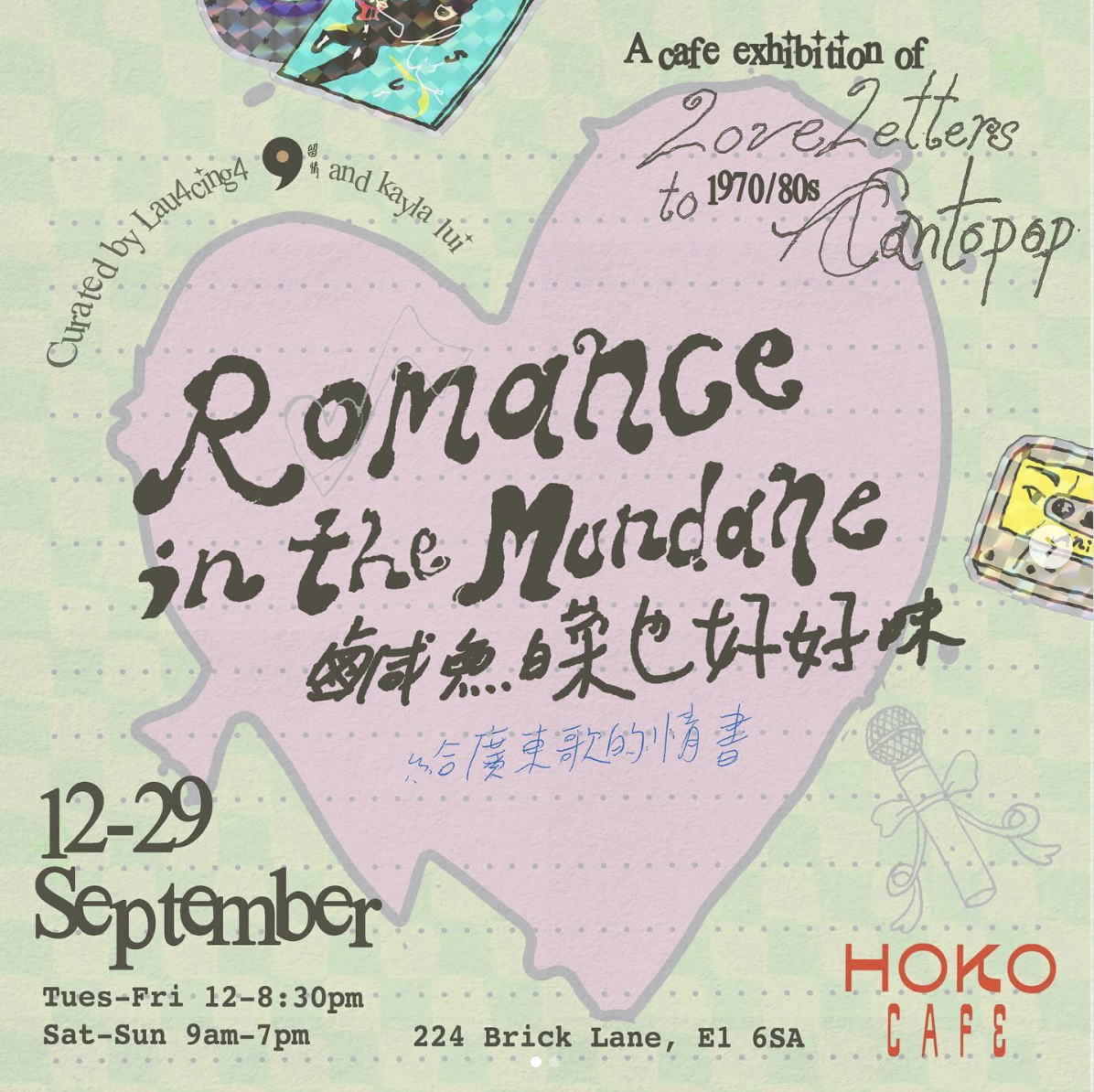Hong Kong as a brand
An insight and research piece on how to reshape Hong Kong's identity from here onwards.
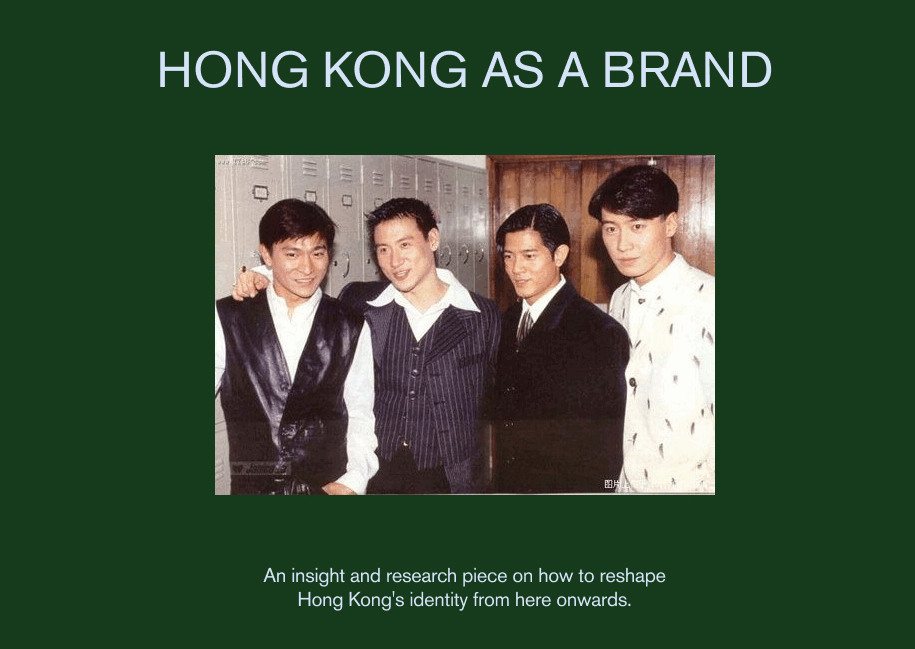
Hong Kong as a brand
15 min read
Brand strategy, Consumer insights
Words by Mich Lai
On Friday, we had the opportunity to speak on a panel at the ReThink Conference, on a topic that is probably the most crucial conversation we’ve waited long enough to have with our city.
If you’re here, see this piece of writing as a consolidation of the magnitude of thoughts that came as a result of a panel question that really deserved its own conference. For once, we can discuss things from a non-political standpoint.
In preparation for our stance, we took the opportunity to hear from our fellow Hong Kongers about their perspectives on the things we can do for the future of Hong Kong, so that we can shine light on voices more than just Constant. If you participated in sharing with us your valuable time and insights, thank you in advance especially to those who truly thoughtfully answered. Some of your words are woven into this article, so this really is a piece co-created with you. We also did a quick and unsavvy poll on your sharing to quantify the qualities you identify Hong Kong with. If you’re interested, check out the ‘Fafa Points’ at the bottom of this article.
“How can marketing and communication professionals help to rebuild Hong Kong’s global reputation?”
This topic hits home for us, as you too may well be holding your breath after reading it. Somehow, probably because we are all Hong Kongers born to be hypercritical of our situations, our frustrations fluently overtook our initial responses, as if decades of watching the “city decline” had been given permission of voice. Everyone’s instinctive rants were all brutally valid, which goes to show – we all care so deeply. We all acknowledge the areas that need improvement, but as encouraged by the panel, it’s about time to relook at the things that make us special, and constructively pivot to a new narrative that does the city justice from here on.
Like our common identity building exercises, we workshopped out the characteristics that make Hong Kong unique, and there is so much to applaud for which are currently overshadowed by negative sentiments. It is frankly insane that this tiny city has accomplished so much. Within Asia, we are still the most sophisticated (sorry neighbors), the safest, the cleanest, and the most international. We built the best metro and airport, and have a great medical system. “Our business environment and our legal system (despite the narrative of the media), are still the best” – it’s a place where we get things done rightfully and professionally. Where else in the world can you get your ID renewed within 10 minutes? There is much work to be done in adopting and implementing technology, sustainability, and innovation, but we shouldn’t let the ‘lack ofs’ define the city. Our people are adaptive, resilient, persistent, efficient, smart, warm, connected, social, creative, opportunistic, hilariously witty, and trilingual with the crazily complex Cantonese as our base. We adopted what we saw in the West and made it our own. This small place has been and still is a breeding ground for many local heroes, and our international perception should be crafted by raising our inner personalities and local cultures rather than looking outwards to see what we can bring in.
Internationally, we may still be remembered by Bruce Lee, Jackie Chan, Wong Kar Wai and Stephen Chow (while some people may still think we are in Japan), because those were the days when we were ripe for exporting culture through entertainment, by showing the world the roots of our Chinese culture while making it relevant and edgy on the global stage. It proved success. Simply put, to reestablish our global identity, the answer lies in culture and creativity. We believe Hong Kong has high creative potential to be relevant again if we reprioritize and are bold and proud of where we come from.
To start, let us give you a quick list of our recent success stories, birthed out of this mighty small city.
Sports
We won 4 medals at the Paris Olympics this year – shout out to Cheung Ka Long, Vivian Kong and Sioban Haughey.
Film
Tony Leung received a Golden Lion Lifetime Achievement Award at the 80th Venice Film Festival; Twilight of the Warriors: Walled In received a 10 minute standing ovation at the Cannes Film Festival.
F&B
Bar Leone and COA continues to top the World’s Best lists; The Chairman, Wing, and almost 80 other Michelin starred restaurants; We also have online personalities like HK native Lucas Sin spreading the culture of Cantonese cooking, Wendy’s Wok World pushing boundaries on Chinese wok cooking. Our very own venture HK inspired GAO Dumpling recently opened our 4th outlet in Belgium.
Fashion
London-based Hong Kong designer Robert Wun debuted at Paris Couture Week; Ponder-er was enlisted semi-finalist of the LVMH prize; Le Mandorle’s founder was named to the Forbes 30 under 30 list; Tina Leung continue to make waves through her creative expression as a fashion influencer.
Modern business
We created globally recognised media platforms like Hypebeast, 9gag. Watch reselling platform Wristcheck recently got an investment from global cultural heavyweight Jay-Z. Casetify continues to grow globally.
Corporates
Not recent, but HSBC and Cathay Pacific continue to represent us worldwide.
We are also a city that hosts world-class events like the Art Basel; Louis Vuitton hosted its menswear show under our infamous skyline; the Rugby Sevens bring people together through sports, and Ultra Festival also landed at the Central Harbourfront. Even the Olympics could well be facilitated here. Whether you like it or not, things are always happening in Hong Kong, but we can definitely get better than talking about ourselves, and that narrative needs to shift first internally, because without our own positive morale and support, we can’t get very far. Instead of waiting on our government to make moves, we as individuals and private sectors have the responsibility to shift the city’s perception.
Does Hong Kong need to be reinvented? In our opinion, Hong Kong just needs reprioritization.
There is no perfect place. Our economy has been lackluster (but which economy currently isn’t though?), but it shouldn’t restrict culture to flourish. Now that we’ve all forgotten about Covid and tourism is back on, how can we navigate the city’s identity and make it attractive again?
“Mostly hardware more than software” – this survey response made an accurate point to a certain extent. We left our own cultures behind while developing our shiny worldly city. Hong Kong, in our eyes, is still Asia’s World City with unbeatable strengths and foundations competitive against big global cities like New York and London. However, when we compare Hong Kong to Tokyo or our fun neighbors like Bangkok, we do feel a bit stale; when we compare Hong Kong with its golden 80s-90s era, our colours did fade. However, the problem isn’t that we don’t have culture, but that we forgot to pay attention to ourselves.
The culture that we are widely known for has paused at 90s and 00s nostalgia – the romantic Wong Kar Wai films that showed our progressive thinking; the thrill and skills in action films that promoted martial arts; the legendary Infernal Affairs that was recreated abroad; the witty humour and hyperrealism of Stephen Chow; and Ronald Cheng’s upfront personification of Hong Konger dynamics. We took risks to provide the realest representation of exactly how Hong Kong people internally are, and we utterly and honestly brought them on screen. These things made other people aspire to Hong Kong, and the nostalgia also warms our own people.
When looking at design, it is easy to approach representation through direct implementation of heritage. There is nothing wrong with nostalgia in design, though we find it more interesting to challenge ourselves and represent how Hong Kong culture is now. We want to encourage everyone to take creative risks and present their own unique creations and perspectives, taking the many influences we have in Hong Kong and making them their own.
You may now be asking, then who are we now? What is our identity? There are many angles to answering this question, but the coolest thing unique to Hong Kong, in our opinion, is the fabric of dualities in which people continue to thrive.
East – West
Chinese – English
Old – New
City – Wild nature and island life
Cosmopolitan – Gritty grunge
Luxury – Affordable
Modern systems – Handwritten accounting books
The Hendersons – Estates and suburbian villages
Worldliness manners – Casual, brash Canto
Christmas – Chinese festivals and rituals celebrated throughout the year
Michelin stars – Fishball noodles
OG Jimmy’s Kitchen – New wave Big JJs
Citysupers – Wetmarkets and Gwo Laan
Upscale bars – Local herbal tea shops
Rosewood Asaya – Dit Da Sifus
MTR – Sampans
Art Basel and Sothebys – Neon light makers and mahjong crafters
The list goes on. The more the city developed, the less we could seemingly define ourselves in a box, because the truth is, we exist in the coexistence of contrasts – we Hong Kongers have the capacity and adaptability to embrace it all.
“Duality of unfiltered grittiness vs polished/gentrified/newness. It’s almost the best of both worlds that you can’t get anywhere else. We have a distinct personality that’s unique to just us.”
This compact city just so happens to have an abundance of diversities. It is everything, everyone and everywhere, all at once. It is impossible to ever finish touring this place. We may be known for our high rises and bright lights, but every single corner is a Hong Kong story worth telling, and every story is filled with 人情味 (the taste of humanity), just like this short documentary about two local butchers made by YouTube channel 米紙 RiceZi. Hence, everyone’s approach to their representation of Hong Kong will be different, and it’s up to us individually to express the exact viewpoint based on our very own experience and narrative.
Real estate has been king, but curation is the queen and she should wear the pants from now on.
When we travel abroad. What do we want to see? Things that we don’t have at home, we aspire to experiences that we can’t easily access. You want to see neighborhoods and their dynamics that are unique to the locals. You want to see the things they create, the rituals that are ingrained in their everyday lives, and meet the people that are doing interesting things in the city – their local culture that is exotic to us.
When it comes to attracting tourists, curation in city planning should be a focus in creating experiences that leave a memorable impression, and make people want to stay, spend and share. Star Street, Sham Shui Po, Tai Hang, and Tai Ping Shan Street, are different examples of places that attract people to spend an afternoon in the neighbourhood. BaseHall 02 brings some of Hong Kong favourite dishes and eateries to one contemporary food court, which consistently wins local revisits. They present to us things that show the colours of our local scenes, in ways that are unique and down-to-earth. We need more pockets that have distinct identities, rather than the same types of malls selling the same luxury brands that not everyone can afford.
“Hong Kong should create some hubs and areas to maintain the historical sides of [the city], rather than similar shopping malls and commercial buildings. Areas to culturally attract tourists instead of something like PMQ.”
This is something we discussed thoroughly within Constant. We seem to be a city with endless malls to build. Aside from the global brands that can achieve commercial real estate KPIs and already have multiple stores in key districts, we should refocus city planning to curate pockets of different identities that show the diversity and multiculturalism of our people. ‘Hong Kong has no local brands’ is probably the biggest myth that needs debunking, but the perception exists due to the awkward property market. The arts, too, have unfortunately been heavily commercialised.
There are a lot of local talents, brands and businesses in Hong Kong doing cool things, but they are hidden in their industrial building studios when they deserve visibility at street level. Hong Kong fashion brands, for example, have a bigger presence in China than in our very own city. In an era where ‘retail is dead’, we believe local brands are our weapons to revive the scene by offering locals and visitors new and unique things to experience, improving the cultural value in retail in order to drive appetites to spend.
“Japan’s accommodation can be expensive, but that doesn’t stop people [from] going there and having fun.” This perfectly portrays the soft power of culture – it makes money worth spending. As a city, we’ve nailed F&B. We need to see different sectors work together with local creatives in art, fashion, music, film, and design, and showcase our diversities across different human experiences. Creative empowerment isn’t just a government thing to do, the private sector could also carve out space for experimentation. Instead of looking outwards for yet another luxury powerhouse, perhaps we can tap our local resources in the mix to bring the best of both worlds to coexist within the same vicinity, and truly represent the Hong Kong experience.
Retail Aside
As people who have lived abroad, we often see that cultural pride is much more prominent when we physically depart to become a minority elsewhere. Hoko Cafe in London curated an exhibition named Romance in the Mundane: Letters to Cantopop (鹹魚白菜也好好味:給廣東歌的情書) that invites you to “take a sip of milk tea, listen to a Cantopop song and read a love letter” written by 25 Cantopop enthusiasts. Chinatown Records in New York was founded by a Hong Kong American who took an inherited family collection of records to grace the streets with old Canto music. Lang 靚 Store in Los Angeles is a retail concept with a mission to promote Hong Kong and Asian design. Thanks to them, the world can see more from us. Sometimes it feels as though when we’re home, we forget to celebrate ourselves, because we have been trained to look at the outside world and the West for development.
“When you’re in HK, everyone’s in survival mode, like you barely have time to breathe, how do you become aware of all these things different people are doing. We’ve lost a sense of play. We have the need for radical optimism, or just a safe space for people to find pockets of joy, hence the birth and growth of so many small, independent entertainment channels.”
Within a constrained creative environment, there are young and independent creators demonstrating their resilience. In a traditional media landscape that is dominated by official TV stations, new wave YouTubers and personalities created their own channels such as Pomato and Trial and Error, as outlets to express their way of entertainment that connect with local audiences. Aside from RiceZi 米紙 documenting a spectrum of Hong Kong stories, KATE林樂儀 created Splitdyboat to take tourists on surprising nature excursions that are all within 30 minutes reach by boat from the city. Islanders 島民 is an experimental zine and research lab based in Peng Chau that captures life within suburban island cultures. 懷疑人生就去 ‘When in Doubt’ literally took walks around Hong Kong streets in response to Covid isolations, visually showing people the different corners that are in the everyday lives of locals. There are people finding their own beautiful ways of promoting Hong Kong’s variety of lesser known cultures. Although they are directed to the local audience, they are showing us the way they see Hong Kong, and painting a real picture of what people and life are like here.
We are also seeing a revival of the music industry with young and new talents who are communicating and expressing themselves in fresh and less commercial ways, which are not a copy and paste of Korean boy bands. We have thriving underground music communities that are offering new sonic experiences to our ears and dance moves, who are also taking part in global gigs to represent Hong Kong. Point is, culture has been here, and we believe that it will become bigger and louder, as long as we put the right collaborations in place to offer more support and platforms, and to “encourage our new generations to be their own individuals and not afraid to take risks”. A ‘glass ceiling’ (not in the gender sense) is often felt here by those who pursue nontraditional careers, but as all glass is breakable, it takes all of our collective efforts in changing the game and its atmosphere.
The future of our culture is in collaborations and education.
The local audience in Hong Kong is very particular. The demographic and psychographic spectrum stretches quite broad because of our history and background that created this melting pot of a multicultural society. Hence, brands from or operating in this market should look to local creatives as their resource to create modern initiatives that mean something to people, and connect with people in ways where they feel seen. As Hong Kongers, we’re born to create and to commerce, but the past two decades have been proof that we haven’t done it right. Cross-sector collaborations will be key to fostering cultural growth in the near term. Creative risks need to be taken to express our point of view and progressive thinking – and not be boring.
“Hong Kong has a rich and vibrant history in film and music, having nurtured many world renowned celebrities.”
We truly were a breeding ground for talent and business masterminds. To enable more of this, of course, our education system needs to catch up. There’s a reason why parents are all flocking to international schools as their only choice, and they continue to expand despite low birth rates. Aside from the highly competitive mindset, people want their kids to grow up open-minded, to be able to have their own independent thinking rather than a boxed-in education that generates the same model answers. Forcing street-smart people to get book-smart may have backfired our economy, among other things. We need our education system to diversify, to “allow different schools of thought to coexist.” Enhancing creativity doesn’t just mean we need more art schools and design programs. We need imaginations to flourish in order to see how things can be done differently – to innovate.
We’re finally closing this writing.
In a world of globalization and sameness in the new, it’s the old stuff, the raw, the dirt, the straightforwardness that gives us an edge, that makes this place interesting. It’s the local creative scenes that people want to come see and explore. Gone are the days when we were the only ones with big pristine malls and properties in Asia. We have all the confidence in the city’s culture strengthening up and regaining its vibrancy. Optimism can outweigh uncertainties, people want to do their part in making change. We are still the ‘Pearl of Orient’ and ‘Asia’s World City’. If you look around, multinational companies are still here, we’re still the center of Asia where regions connect. We’re still the financial hub, but we just need more reasons to invest locally. Instead of competing with other cities and judging our own, we need to grow internally and give people new talking points to write about, which hopefully will soon reverse-shadow the false media that expelled us into the dark.
“HK must not give into cynicism and fear mongering from mainstream western media whose shareholders have their own agenda to stifle HK as financially declining.”
To rebuild the city’s identity and reputation is not just talk but also the walk. It’s a long game, but since there is no end to progress, let’s start reprioritizing and do things our way. In a nutshell:
Exercise our Hong Kong grit.
Be proud that you are a Hong Kong person.
Focus on what you CAN do.
Preserve local heritage.
Support local.
Respect the old ways while developing new ones.
Put creative fears aside and take risks.
Persist in your craft.
Speak more Canto.
Fill this place with art.
Make people laugh.
Don’t hate.
Get playing.
香港還是一塊福地。
Fafa Points & Your Wishes
The survey brought a total of 50 respondents, completely anonymous. Below are the Fafa (花花) Points that yes, we manually analyzed due to our rebellion against quantifiable nonsense. And within a restraint amount of time, we did it the most low tech way, of deciphering and bucketing your freely expressed text answers into Fafas. There are more keywords to the list but these ranked highest. Take it as a qualitative analysis rather than an engineered demographic survey. If this was endorsed though, we are happy to enliven a comprehensive population wide study.
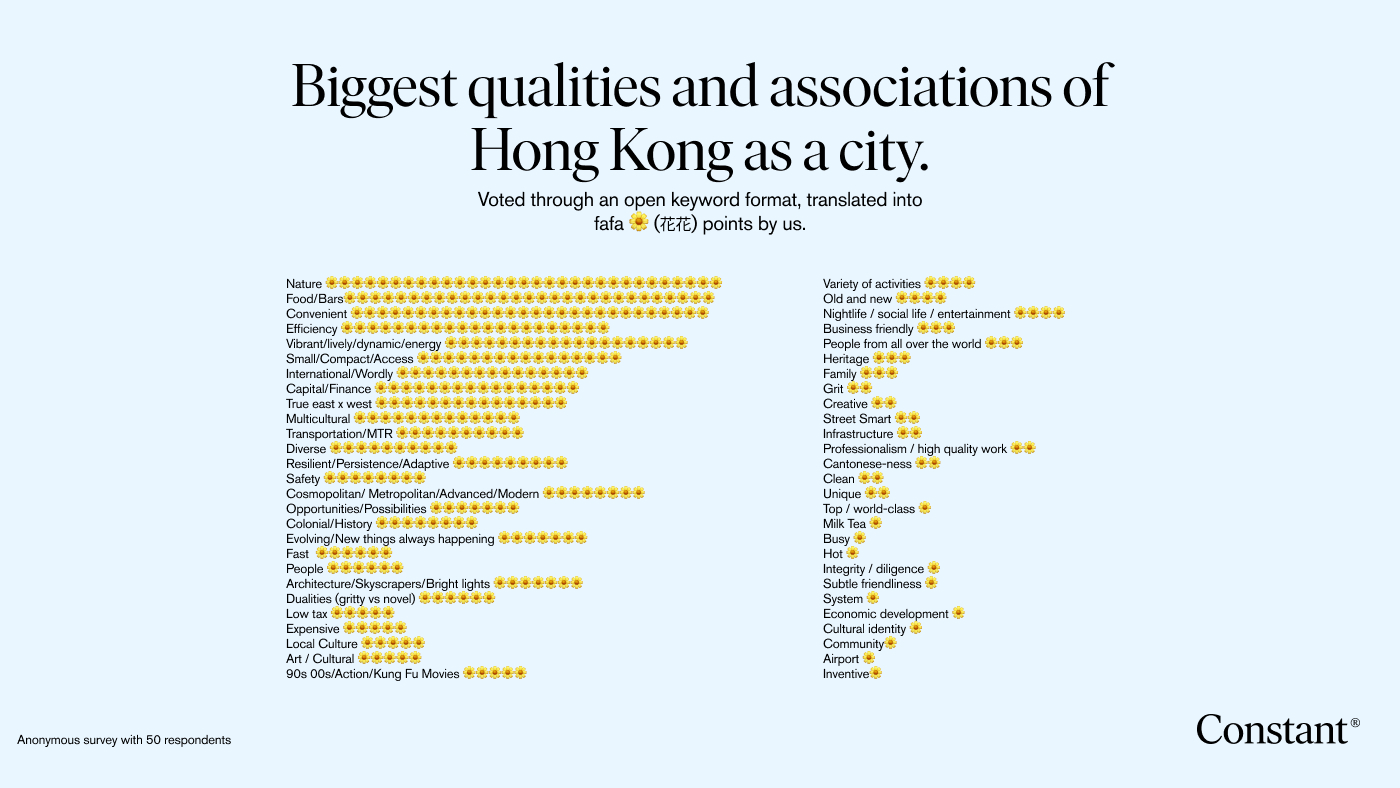
Finally.
These are some things our respondents wished for, when asked two questions. We selected a few we found interesting, that haven’t been quoted, to share.
(Imagine..) 💭 in 10 years, you read an article saying wonderful things about Hong Kong. What would it be talking about?
– HK would regain it’s place as the world’s leader of finance, tourism, and culture
– How it became the international hub, leaders of Hong Kong brands that made it through decades, future makers continue to pass the torch. Diversity of all races living in Hong Kong. A great home for elderly people, a place for people to grow old and stay. Art and creativity are blooming in Hong Kong.
– “From Financial Powerhouse to Blockchain Hub: Hong Kong’s New Era of Decentralized Empowerment”
– A rebalanced successful synthesis of East meets west in Hong Kong’s own way; not as mimetic of Britain or China, but take the best aspects of both. High energy, comfortable city to live, financially robust, neoliberal economy, while culturally exporting a “new” Chinese aesthetic from the height of Chinese culture (eg Song dynasty aesthetics which is what mainstream associated with Japanese aesthetics today)
Lastly, how would you personally want to make Hong Kong a better place 🚀?
– Innovative dining experiences and world class restaurants can further enhance the city’s reputation as a culinary capital, appealing to both local and international visitors. To achieve these objectives, funding should be directed towards supporting existing businesses in both sectors, enabling them to innovate and expand. However, the most critical aspect is the investment in education and training programs. By equipping the next generation with the necessary skills and knowledge in entertainment and culinary arts, the government can ensure that these industries remain sustainable and competitive on a global scale.
– By promoting Hong Kong’s films, music, and artistic expressions, the city can enhance its cultural footprint worldwide. This marketing potential can draw international audiences and investors, positioning Hong Kong as a creative hub that fosters innovation and cultural exchange.
– A more creative yet compassionate community
– More creative nourishment, supporting local artists and brands
– Remind more of Hong Kong to disconnect and take a step back to enjoy the present. The city is sometimes too fast paced that people tend to forget to live in the present that they forget their purpose and what actually makes them happy instead of what society pressures them to be like.
– I wish to be the connection of Hong Kong to the world. Hong Kong can absorb all the good from other cultures and make it our own or even better at times. I want to be the curator and connection of that
– Stay positive about our own city
– I want to empower Hong Kong’s creative communities. In tough times, creativity saves us—and the best creative works often emerge from these moments.
– Hong Kong needs to identify something to export and not rely on its real estate
– I feel like we have little to no cultural exports these days, the last big thing to come out of HK was Jacky Chan in the 90’s
– We all share a deep love for HK and it’s important for us to unite and create a meaningful impact. Let’s work together to safeguard and enhance what has been entrusted to us, ensuring that we leave it better than we found it.
– I think Hong Kong will never lose its charm but will eventually speak to a new wave of people (may or may not be born and bred in Hong Kong).
– HK is super supportive with start up company!!
– Hong Kong is a magical city, but also one that is full of pressure. Hopefully more people can start to step back a little to see what truly matters to them.
– Live for the future not the past
– We ALL need to pitch in to make HK feel and be seen as great. This includes the landlords who need to bear its fair share of work by lowering rents to allow the natural vibrancy that exists here to thrive.
– Cultivate inclusiveness
– Encourage the new generation to be their own individual and not be afraid to take risk
– Encourage the people around me to be more open-minded, take risks, question status quo, appreciate nature, and be kinder to each other.
– I would love to continue showing tourists all sides of HK – the gritty, the beautiful, the brash, the rudeness, the fun.
Thank you Hong Kong!
